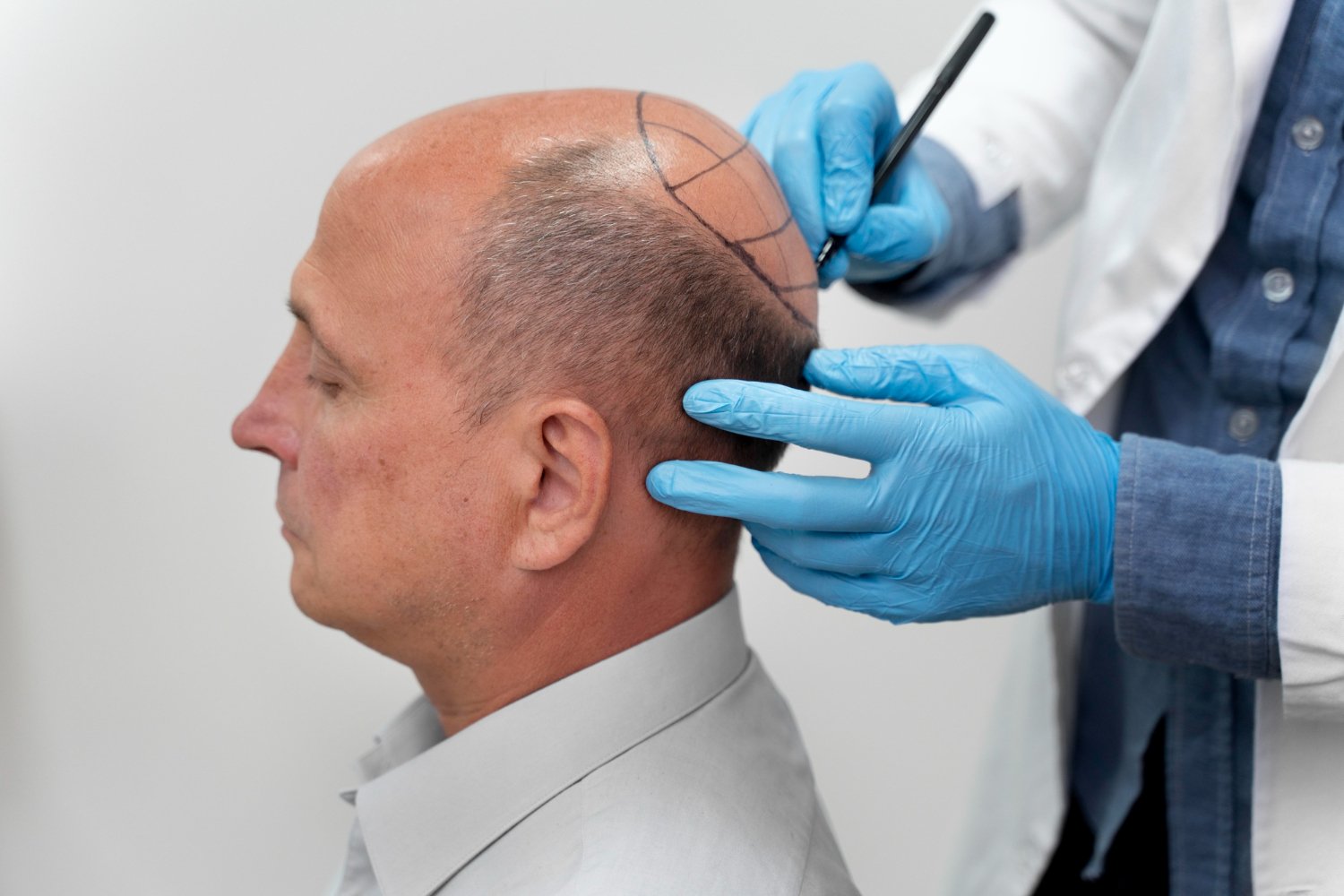Would you go out on a limb to claim you’re great at something without data or evidence to prove your point? Probably not. And while clients looking for transplant surgeons may want to go to the best professionals in the trade, determining who’s who is often a big ask. Hence, we can’t claim that someone is the best surgeon in the UK or elsewhere.
Plus, best is a relative term whose meaning varies – depending on the person you question. As such, throwing a few names around may not help your cause. But, if you’re scoping out potential hair implants UK clinics or surgeons, you can narrow your options by using the pointers below:
- Focus on Quality
Hair transplantation is a delicate process demanding skill and precision. A surgeon may have performed hundreds or even thousands of procedures, but if they’ve done so using subpar techniques, it will not result in positive outcomes.
Conversely, a surgeon who has only performed a handful of hair transplants may be newer to the field, but if they’re up-to-date on the latest hair transplantation techniques and show a high skill level, they could still be a great option.
In other words, when looking for hair implant clinics, don’t just focus on the number of procedures a surgeon has completed. Instead, look at factors such as:
- The type and number of hair transplant procedures they perform.
- Their level of involvement in the process.
- The kind of results they typically produce.
Along the same lines, if a surgeon is actively involved in the transplantation process (all the steps), they can deliver consistently high-quality results. But, even if they’re the best in the business but leave most of the work to their support team or technicians, you’re unlikely to get the same level of quality.
- Qualifications
Hair transplant surgeons undergo a rigorous training before they’re allowed to conduct transplants or run clinics. Plus, they need certification from the relevant medical boards before they can start practising.
So, when you’re casting for a hair transplant clinic in the UK or elsewhere, ensure your chosen surgeon has the right qualifications. For instance, find out if they are active members of the British Association of Hair Restoration Surgery. Plus, check if they’re on the General Medical Council’s Specialist Register. That way, you can be confident they have the skills and experience needed to produce the results you have in mind.
Similarly, do they participate in studies on hair loss? This could signal they’re on the cutting edge of hair transplant procedures and techniques.
- Do Your Research
While you shouldn’t take everything you read at face value, positive online reviews can give you some idea about a clinic or surgeon’s reputation. So, if you find many people raving about a particular UK hair transplant clinic, it’s a good sign. Conversely, if you see many complaints or negative reviews, your safest bet would be to look elsewhere.
You can also research potential clinics by looking at before and after photos. These can give you some idea about the kind of results a surgeon is capable of producing. But remember, every patient is different, so don’t expect to see the same results in your case. That said, photos can prove that a particular surgeon consistently produces excellent results.
- Communication and Customer Service
Your chosen clinic should make you feel comfortable from the very beginning. This also implies they should be able and willing to answer questions you have about hair transplants, including:
- How many hair transplant procedures have they performed?
- Which type of procedure is best for your case?
- What are the risks and side effects associated with hair transplants?
- What will the final results look like?
If a facility isn’t forthcoming with this information, consider giving them a wide berth. Nobody wants to get stuck with a hair transplant they’re not happy with. Hence, if you have doubts or reservations about a particular clinic or surgeon, don’t take your chances with them.
- The Surgeon’s Demeanour
While researching a surgeon, find out their demeanour or bedside manner. Ideally, you want to deal with a professional who is courteous and attentive. A great surgeon will make you feel confident about the procedure. But if they treat you dismissively or seem impatient, they may not be the right fit.
Conversely, if they are attentive and eager to explain things, it shows they understand the basics of forging good doctor-patient relationships. And by so doing, they can put your mind at ease about the procedure and help you understand what to expect.
Are you still looking for the cream of the crop? Well, we hope these qualities can help you in your quest. And as we’ve pointed out, the best surgeon is one you’re comfortable around, understands your pain points, and is competent enough to deliver the best remedy. Everything else is, well, noise.
